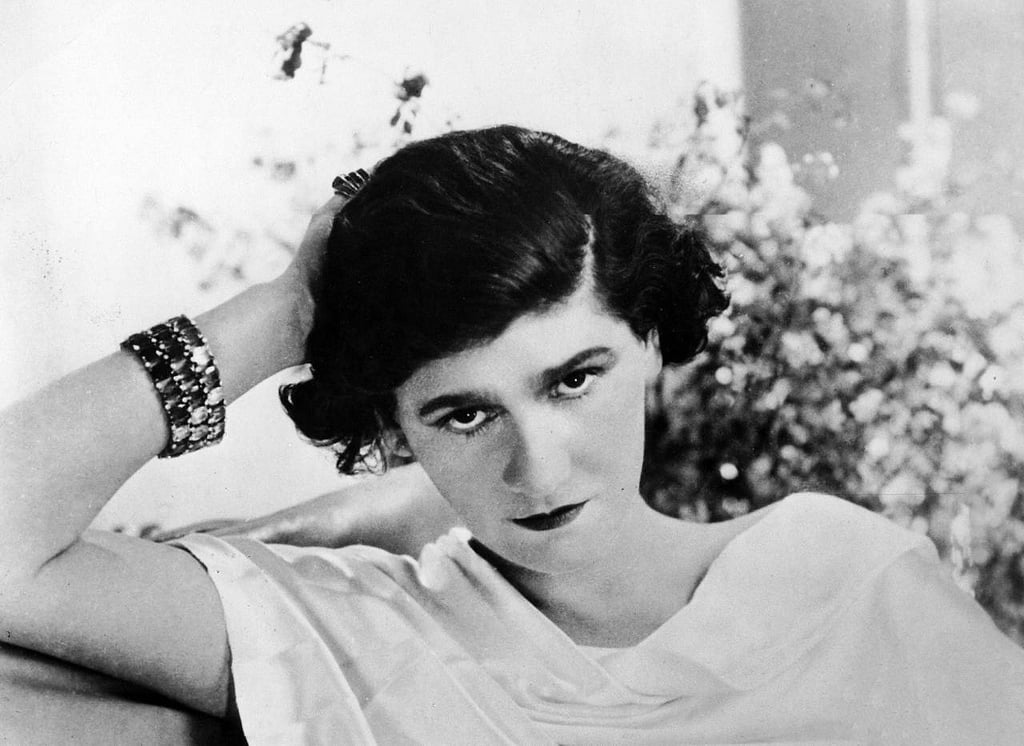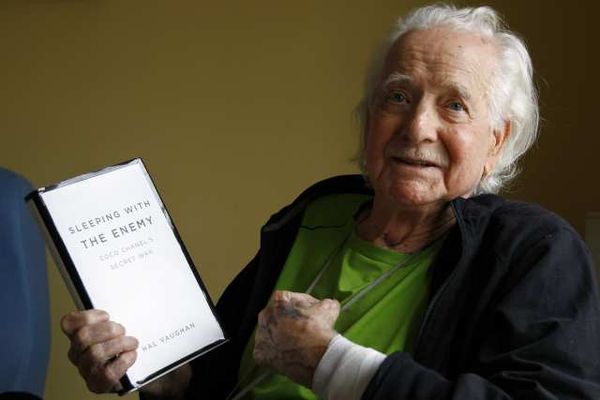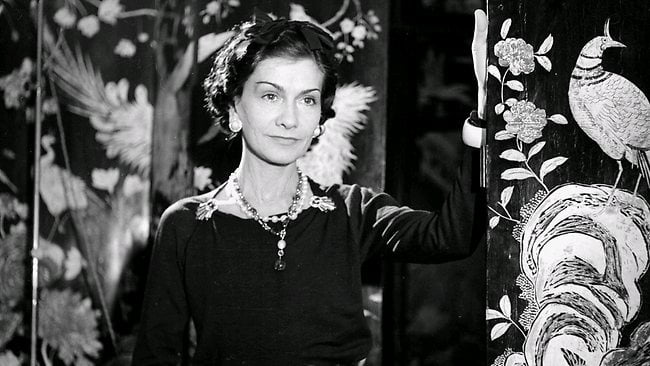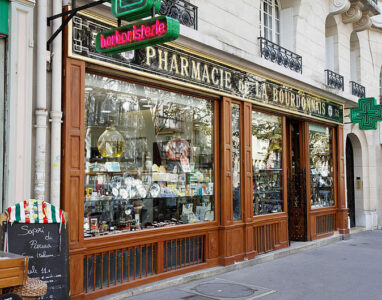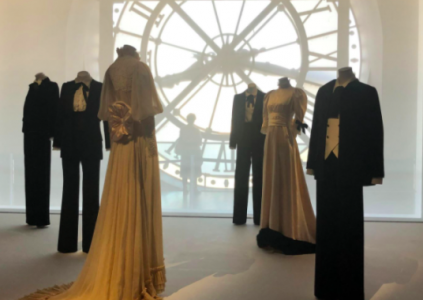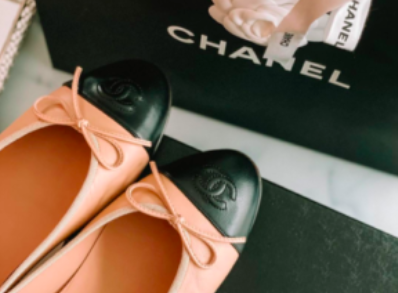The battle to exonerate Coco Chanel: pertinent or pointless?
The name ‘Coco Chanel’ is synonymous with style as much as it is scandal. From the French fashion house’s silver-tongued creative director to the dark past of its founder, this is one brand that seems to be continuously courting controversy.
One of the largest areas of speculation is of course Coco Chanel’s involvement with the Nazis during World War Two. Following the release of Hal Vaughan’s provocative book ‘Sleeping with the Enemy: Coco Chanel, Nazi agent’, tensions in the pro-Chanel camp were tense.
A French tale of intrigue
Vaughan “pieces together Chanel’s hidden years”, allegedly uncovering “the truth of Chanel’s anti-Semitism and long-whispered collaboration with Hitler’s officials.”
Vaughan explores Chanel’s affair with SS officer and German spy Lieutenant Baron Hans Günther von Dincklage. Though he believes that Chanel completed missions on behalf of the military, the designer herself asserted numerous times that von Dincklage may himself have been a double agent for the British.
A new battleground in France
MaVieFrançaise™ was recently made aware of a statement released by Gabrielle Labrunie – Chanel’s only living relative – and Isée St. John Knowles, President of the Société Baudelaire, addressing this black mark against Chanel’s character.

Though the statement does not directly reference Vaughan, it describes 2012 as ”a year in which Coco Chanel’s war record was shamefully misrepresented”. It continues to “assure her defenders world-wide that all slurs on her good name and conduct will be confuted.”
This follows the release of a previously unpublished interview between Coco Chanel and journalist Malcolm Muggeridge earlier in the year. The interview gave a clear sense of Chanel’s character, but did not offer any definitive answers.
The great French denial?

“My sense is that there is no clear evidence to show that Coco Chanel was a Nazi spy,” says Mazzeo.
“Certainly, her name appears in German archives, as Hal Vaughn has shown. However, there are also reasons to wonder – as Chanel herself maintained – if von Dincklage might not have been a double agent for the British.”
“I suspect personally that she was not a Nazi spy.”
A French icon’s true colours
The statement does not, however, address Chanel’s widely documented anti-Semitism. On this note, Mazzeo does not defend the designer.
“There is absolutely no question that Coco Chanel was anti-Semitic. That was very common in French society at that time, it is true. However, the fact of it being very common does not excuse it. Coco Chanel saw the consequences of her actions and continued with them.”
Labrunie and Knowles do not explicitly state what form their retaliation will take beyond saying that “it has not yet been decided whether this vindication will be released as a book, a documentary, or both”.
The pair conclude by asking those who have “unreservedly upheld Chanel’s memory” to “construe this statement as our expression of gratitude”.
Will 2013 be the year Chanel’s slate is wiped clean? What do you think?
Image credits:1. Coco Chanel, 1920, on Wikipedia
2. Hal Vaughan, by Francois Mori/Associated Press, via Los Angeles Times
3. Soldiers buy Chanel, via Yesterday’s Perfume
4. Tilar Mazzeo, via MaVieFrançaise®
5. Coco Chanel, Getty Images via Herald Sun

